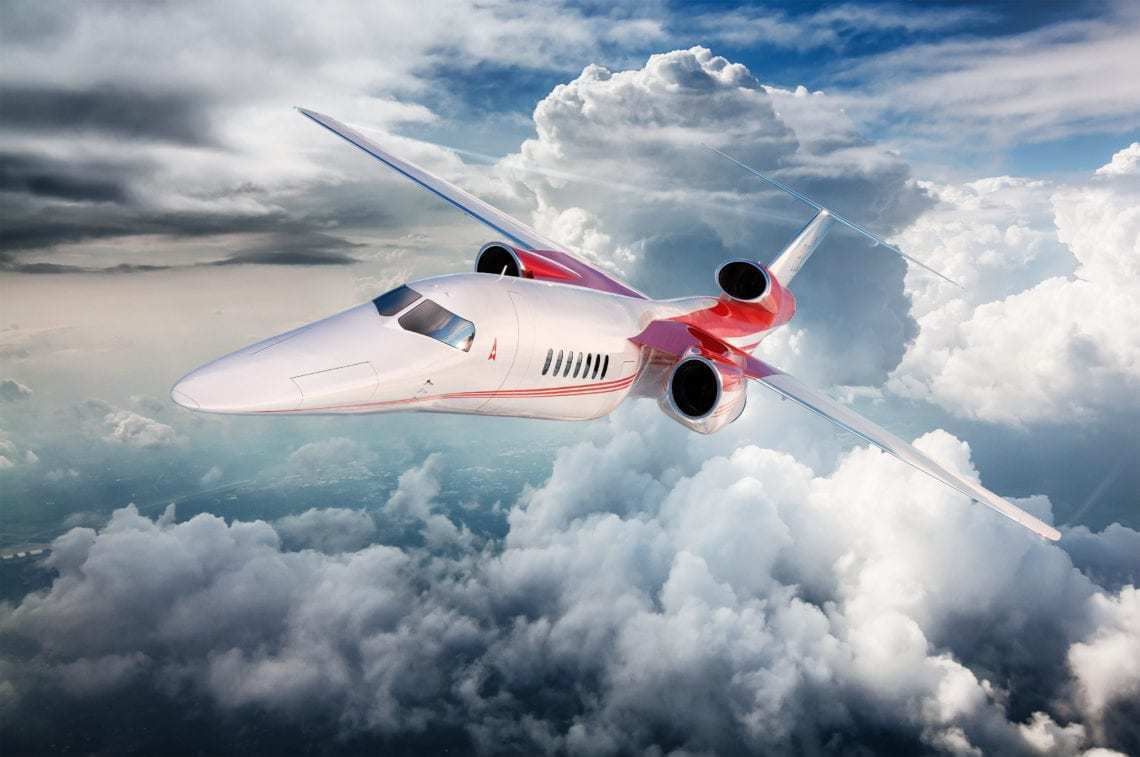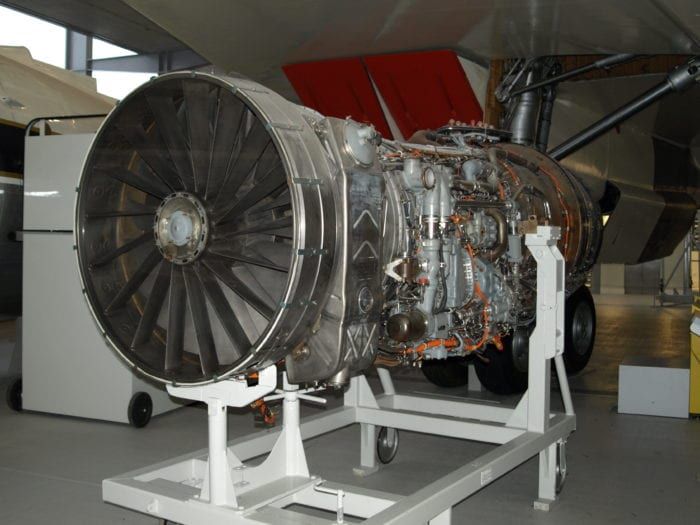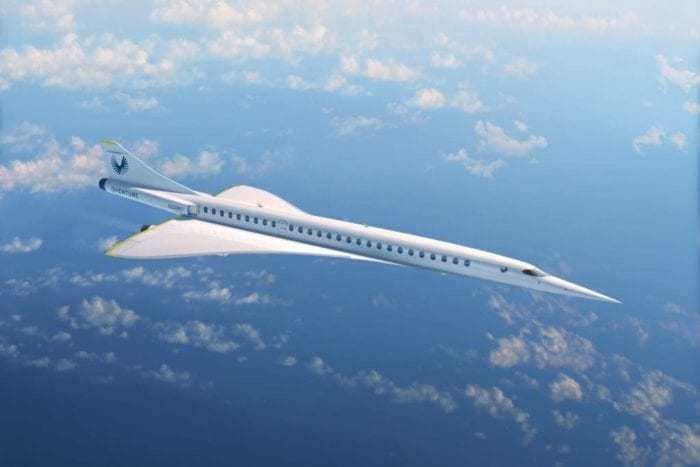Rolls Royce today held a press briefing at its Aerospace HQ in Derby, regarding the Rolls Royce Trent engine series. Simple Flying had the pleasure of attending. As is always the case at these events, the Question and Answer at the end was the most interesting part, especially when Rolls Royce was questioned on supersonic aircraft power systems.
While the manufacturer wouldn't name any specific projects, they wouldn't rule out working on supersonic engine technology. In fact, the manufacturer already knows a thing or two about supersonic engines, having provided the power for Concorde.
Engine heritage
Rolls Royce has a large foundation when it comes to engines overall. In fact, it was a Rolls Royce engine that powered Alcock and Brown's first non-stop transatlantic flight almost 100 years ago. While that was a propellor engine on a Vickers Vimy, the company went on to create a wide range of different engines suited to different applications.
Indeed, Rolls Royce's Chief Customer Officer of Civil Aerospace, Dominic Horwood, told how,
"...we are the company that has powered the only civil supersonic airliner so naturally, we will always be interested in the direction the industry takes".
Not a main focus
Supersonic travel is not a main focus for Rolls Royce. Horwood commented, "it is not the centre of our strategy". He then went on to indicate that any work on supersonic airliner engines would be dictated by customer demand. Indeed, there was a clear impression that Rolls Royce will not pursue supersonic airliner engines just to prove that they can.
"It's got to be a solution that customers want. It can't just be a technology journey. It's got to deliver a product that people need and will want to pay for, whether that's in the airline industry, or it's in the business aviation industry."
This was backed up by Richard Goodhead, SVP of Marketing at Rolls Royce who said: "while Dominic said it is not central to our strategy, it is a potential application for a gas turbine."
Goodhead then added "So are we in conversation with our framers about this as a potential application? Yes, just like any other potential application."
Won't name specifics
Horwood declined to mention specific projects that were being undertaken in the supersonic sector, saying, "I won't comment on individual aeroplanes, but the generic is we will continue to make responsible decisions about our ability to deliver to a date a reliable maturity"
There are currently a number of companies working to try and realise supersonic travel once more. A company called Boom is expected to begin testing a prototype aircraft named Overture in 2020. The company is being backed by Virgin Atlantic. Meanwhile, Boeing is supporting a company called Aerion, looking to build a supersonic business jet.
Do you think Rolls Royce would power a future supersonic aircraft? Let us know in the comments.



